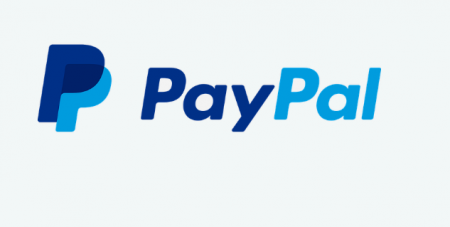In Canada, property taxes are imposed by provincial and territorial governments. Property tax is the largest source of revenue for provincial governments. In most provinces, the property tax rates in residential and non-residential properties are different and mostly favor residential properties.
In some provinces, authorities are allowed to levy tax rates according to the class of property. The main classes are:
- Residential
- Multi-residential
- Commercial
- Industrial
- Pipelines
- Farms
- Managed forests
They can also include optional classes such as:
- A new multi-residential
- Office building
- Shopping centers
- Parking lots
- Professional sports facilities
- Large facilities
Types of Property Tax
Property tax is only applicable to the owner of the land even if the property is rented. The taxpayers can be individuals, companies, or legal entities. Other cases such as:
- The dismemberment of the property right, it is the usufructuary who is reliable for the property tax.
- If joint ownership, the property tax is established in the name of joint owners.
- If a condominium real estate firm is subject to property taxes, the levy is estimated in proportion to each partner’s share.
In Canada, there are two types of property taxes:
- Annual property tax
This is the percentage of the taxable assessed value of a property. The assessment provider of the municipality assesses the value of such property. Generally, it comprises of two elements – the municipal rate and education rate. These two elements are subject to tax. Annual property tax = current year property value X total tax rate.
- Land transfer tax
It is the tax levied when purchasing a home or land in Canada. This tax is calculated as a percentage of the purchase price.
How to Pay Property Tax
Paying your property tax is relatively easy as there are several ways you can make payment. Below are some ways to pay your property taxes in Canada:
- Online
Using eTaxBC, you can make payments online. To enroll, you will have to submit the following information:
- Your account type
- Folio number
- Enrolment code
For this, you are required to have a Canadian bank account.
- Prepay
You can make payments before the due date by sending a post-dated payment via online banking. Alternatively, you can use eTaxBC, PAD payments via eTaxBC, and by mailing a post-dated cheque.
- Bill Payment Service
It can be accessed through your online banking account, an ATM, telephone banking, or in-person with a bank.
- Electronic Funds Transfer
To make your payment through electronic fund transfer, you must:
- Make the payment in Canadian dollars
- Provide bank account information
- Validate your payment by sending payment details
EFT payments might take up to several days. Hence, to avoid additional interest, ensure to make the payment beforehand.
- Mortgage Company
By this method, you can arrange for your annual property taxes to be paid on your behalf. When your mortgage company pays your tax, you are still responsible for:
- Applying for homeowner grant online
- Any penalties that result from payment errors by your mortgage company
Generally, mortgage companies employ professionals, so the risk of mistakes is usually minimal or non-existence.
Put your payments and remittance advice in an envelope and mail it to the authority.
- Government Office
By using your remittance advice, you can pay at a government office. You can make your payment:
- In-person
- Dropbox
Property Tax Relief
Tax relief is applied for specific properties in some provinces. Under the tax deferral scheme, a portion of property taxes can be deferred by the property owner, usually up to a maximum amount specified.
This scheme is provided under three programs – tax deferrals, property tax credit, and direct grants or subsidies. This scheme is only applicable to seniors, widowed, and disabled taxpayers.
- First-Time Home Buyers Program
The British council designed this program to aid first-time home buyers. It offers reduction or elimination of property tax for first-time homebuyers. This program is also accessible in Ontario. The provincial government provides a CA$750 tax refund.
- New Home Exemption
The newly built home exemption program offers reduction or elimination of property tax on new homes. The qualification required is – the individual must be a permanent resident or a Canadian citizen.
The amount is limited to CA$13,000. Other criteria are: the property must be located in British Columbia, the fair market value of CA$750,000, smaller than 1.25 acres, and a principal residence.
Conclusion
For homeowners and renters administered through the provincial income tax system, property tax credits are refundable. However, the higher one’s income, the lower the property tax credit. For renters and homeowners in Manitoba, Ontario, and Quebec, these credits are applicable.
Before making any payments, make sure your payments and other information provided are up to date. It is advisable to make your payment beforehand; otherwise, it might result in a penalty or additional interest.







